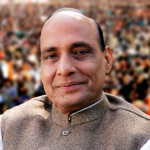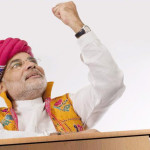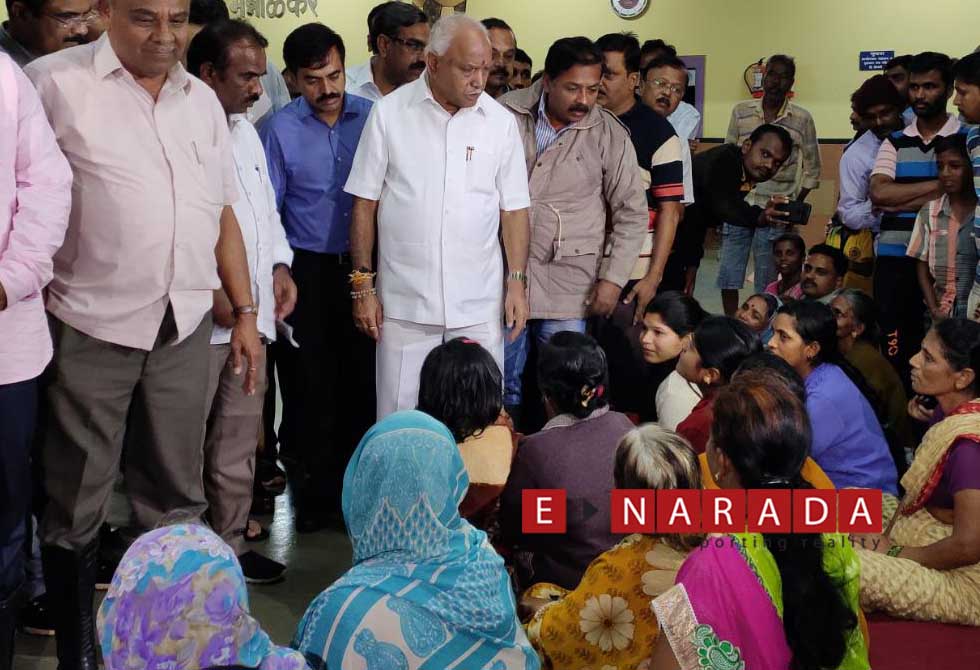ENARADA, New Delhi, October 30, 2014
With migration from North East India to megacities like Delhi, Mumbai, Kolkata, Chennai,
Bangalore and other cities increasing rapidly and the number increasing 12 times in the last five years, the challenge of racial discrimination and sexual violence faced by them is bound to grow and it is time steps are taken to ensure that they are curbed.
For after all, if people from one part of the country can go to another in search of better living, so why not those from North East.
It is indeed a sad commentary on the nation’s polity that there is so much of discrimination against people of the North East and so no wonder when people from other parts of the country visit North East, in some of those states they are asked “are you from India.”
The year 2005 saw 34,000 migrants and the number increased to 414,850 in 2010. If the current trend continues, 5,000,000 are expected to migrate in next five years.
With the growing attacks on people of the North East, the people from the region residing in the capital launched Northeast Support Centre and Helpline and as one of its founding members Alana Golmei said “nobody will come as a saviour to help us,” and nothing could be further from the truth.
The support centre that functions from South Delhi’s Katwaria Sarai has over the years dealt with several cases. That of a 19-year-old Manipuri girl who was raped and murdered in Munirka in 2009, a Delhi University student who was molested by a cab driver in 2010 and more recently, a 14-year-old girl from Manipur who was sexually assaulted by her landlord’s son also in Munirka.
“The incidents over the years are much the same. It is just that people have become far more aware and alert when previously they did not even bother to file a police complaint,” said Ms. Golmei. “There have been cases of sexual assault, racial attacks and discrimination that people have reported about through this helpline.”
According to Pradyot Manikya Debbarrma, chairman of the Royal Tripura Foundation, was critical of the “weak support” extended by parliamentarians from the Northeast.
There were suggestions to set up “mini-embassies” in State bhawans in the Capital. “So far the bhawans have only either served food or provided shelter. There are no provisions to register grievances of people from the Northeast,” said one of the members. “So the student organisations here are filling the gap for this lack of support system. We mobilise ourselves for cultural and sports programmes. We are not organising ourselves for secession!”
It is indeed a sad commentary about the national capital that it has earned the dubious reputation of being ahead of the rest of the country in “racial discrimination” against people from the northeast region, a committee set up to study the condition of people from the North East told the Delhi High Court.

M.N. Reddi, Commissioner of Police (Right) interacting with a Manipuri boy who was assaulted recently in Bangalore. Alok Kumar, Addl. Commissioner of Police and D’souza, The Nodal Officer for North East India (GoK) is also seen in the picture
_____________________________________________________________________________________
The Court took serious note of the 80-page report of the 11-member panel, headed by MP Bezbaruah.
The report said that over two lakh people have migrated to Delhi from north-eastern states between 2005 and 2013 and about 86% of them have faced some form of racial discrimination. However, people from the Northeast faced more problems in Delhi as compared to other metros like Mumbai, Hyderabad, Chennai and Kolkata, the report said.
It said over two-thirds of women from the Northeast have reported that they faced discrimination or harassment in Delhi. The panel said that apart from the language and communication difficulties faced by them, the “Mongoloid” appearance of people from Northeast also “accentuates” their problems.
Yet, the discrimination continues and what really appears to be the need of the hour is quick response to complaints of any harassment to people from this region.
One of the suggestions by the Committee was serious legal reform and the need to change the IPC to make racial discrimination an offence and introducing special police units and fast track courts for trying hate crimes.
The committee has also suggested NCERT introduce certain aspects of the “Northeast ethos” into the curriculum to “integrate each aspect of the region into the consciousness of the people outside.”
Resources of the Information and Broadcasting ministry could also be used to create awareness about this issue, the report has said.
Meanwhile, there is also the need for the government to examine the factors that are pushing so many people out from the North East region.
One of the major reasons for this could possibly be the socio-political unrest in the region for over the last sixty years. But the political scenario, even though it has led to various forms of socio-economic, developmental, educational, or law and order problems in the region, had never pushed people out from the region until recently.
A study conducted by North East Support Centre and Helpline in March 2011 clearly reveals that the lack of higher educational infrastructure is the main factor for people to migrate to the megacities.
North East Council’s 2020 vision reveals that only 6% of students graduating from a 10+2 school system enrol in Government colleges in the region. 90% of these students opt for the Arts stream. The rest migrate to other cities of India for further studies and employment in private companies, and those who cannot afford to migrate simply drop put.
Another cause for this migration is the lack of employment opportunities, economic backwardness, and socio-political unrest which are pushing a large chunk of the population out of the region.
More astonishing are the statistics regarding how many of these students return to the region after completing their studies. The study reveals that only 5% return after their studies. It is clear, however, that if students return and share their knowledge in their home states, then the region will benefit and grow with their help. But with no employment opportunities available for them in the region, returning is often not an option for them.
The figures should indeed be an eye opener for not only the Centre but also State Governments as it was seen that of the 66.35% of students from the North East that migrate for higher studies, 78.15% are looking for graduate studies, 11.48% for Engineering/managerial jobs, 6.80% for Research/Ph. D. and 3.57% for medical studies while 35% of migrants migrate for employment opportunities in other cities of India. 15% of employment migrations are for Government jobs and 85% for un-organized private sectors.
Every Indian citizen has the right to migrate and live anywhere within the Indian Territory. But it seems that such rights are being denied to North East Indian communities in megacities. Discrimination, victimization and the lack of justice from the law-enforcing agencies are the major factors denying them of such rights.
The North East political leaders and state governments need to address the issues of racial discrimination and sexual violence immediately. With ever-increasing crimes against North Easterners, the challenge is huge.







